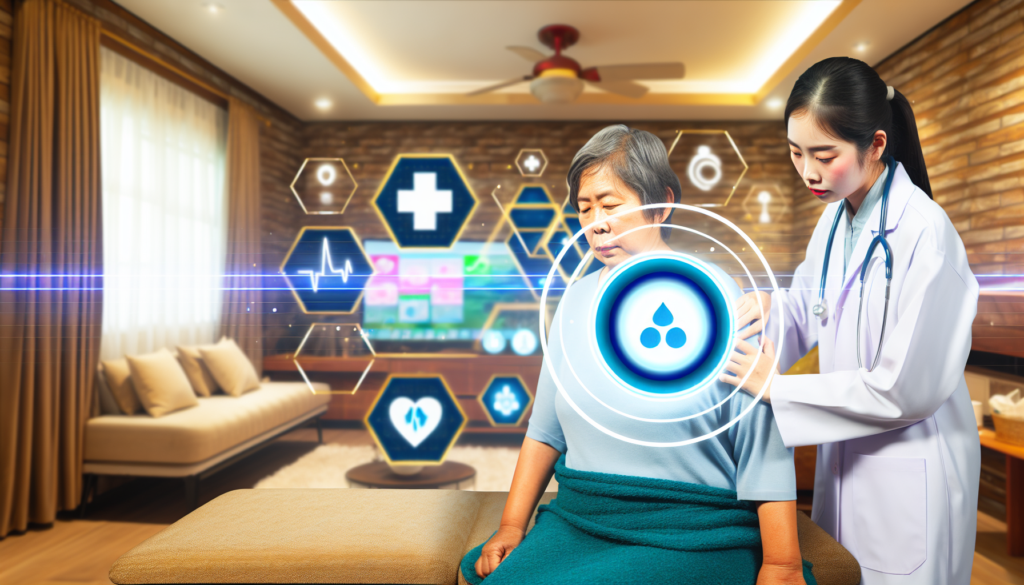For years, the conversation surrounding health care pivoted primarily on clinical settings. However, the emergence of home health care as a feasible and effective option has started to shift the paradigm considerably. As more people embrace the concept of receiving medical services at home, it’s vital to understand this care model’s distinct advantages.
Understanding Home Health Care
Home health care, to put it simply, involves providing medical services to individuals in their homes. These services can range from skilled nursing care, physical therapy, occupational therapy, to health monitoring and education. Unlike residential care, where patients must move into a nursing or retirement home, home health care allows patients to maintain their independence while receiving the professional medical care they need.
The Advantages of Home Health Care
As previously stressed U.S healthcare system explores alternative models of care, home health care has come up as one of the most viable options. Here are some reasons why:
Comfort and Convenience
One of the most apparent advantages of home health care is that patients can receive medical services from the comfort of their homes. The patient’s home is a familiar and comfortable environment. This comfort can significantly contribute to the patient’s well-being and recovery speed.
Personalized Care
Home health care is often tailored to meet each patient’s unique needs. Medical professionals working in home health care work from a personalized care plan created to address an individual patient’s health condition and goals. This personalized attention can lead to much better health outcomes.
Cost-Effectiveness
Compared to traditional health care settings like hospitals and nursing homes, home health care can be more cost-effective. Patients are required to pay only for the services they need.
The Role of Technology in Home Health Care
Imaginative technology applications like telemedicine are becoming increasingly beneficial for home health care. Patients can consult their healthcare providers virtually, significantly cutting down on travel time and hospital visits. In addition, wearable tech and health apps allow patients’ health conditions to be continuously monitored and information to be logged with relative ease.
Final Thoughts
As we navigate the changing landscape of healthcare, home health care becomes a shining beacon in an otherwise complicated system. With its patient-centric approach, comfort, convenience, personalization, and cost-efficiency, it is reaching more patients and changing more lives every day. As technology continues to advance, the effectiveness and reach of home health care will only increase, making it a valuable asset to the world of health care.
In the light of these insights, it is clear that the shift towards home health care marks a step towards creating a health care model that truly aligns with the patients’ needs and well-being.



